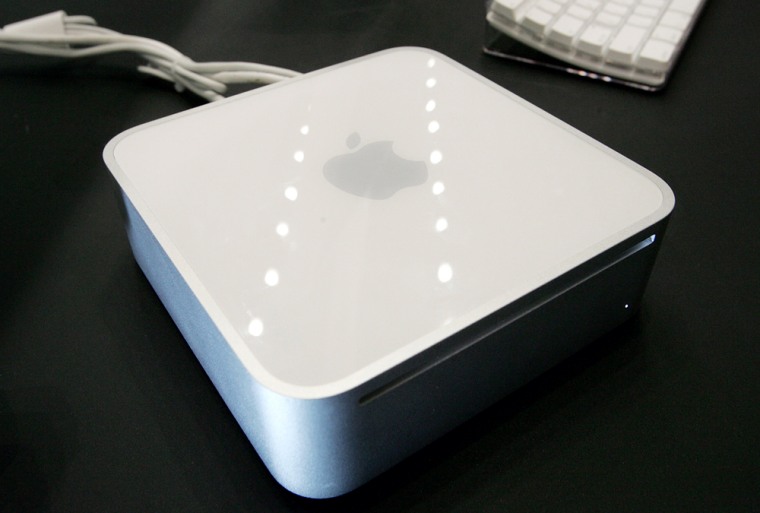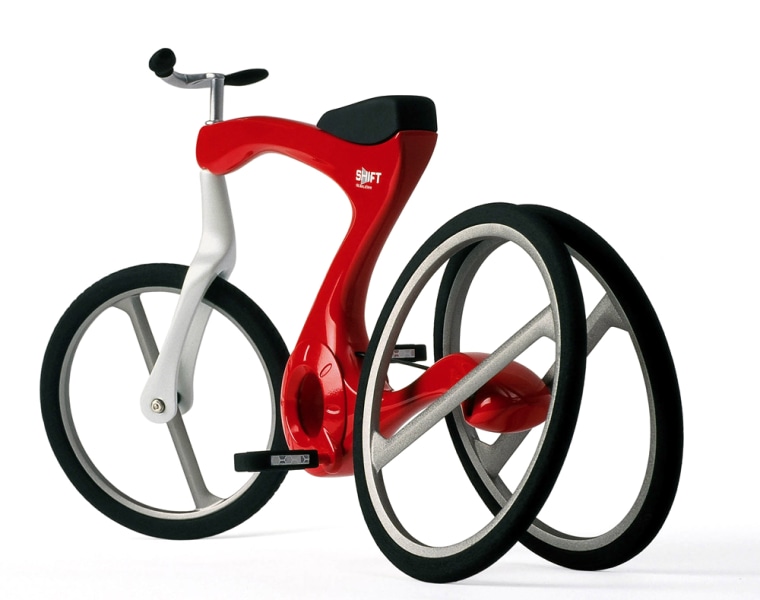When people talked about innovation in the '90s, they invariably meant technology. When people speak about innovation today, it is more than likely they mean design. Consumers, who are choking on choice, look at design as the new differentiator. In a sea of look-alike products and services, design creates the "Wow!" factor. Managers, facing fierce global competition, look to design for the kind of innovation that generates organic growth, new revenues, and wider profit margins.
Design is fast becoming a must-have competency for corporations. It has evolved from a simple way of giving form and color to products into a powerful tool for "C" suite executives. Design methods get managers close to their customers, design research helps top execs visualize the future, and design strategies help companies innovate.
No wonder, then, that the annual Industrial Design Excellence Awards (IDEAs) have become so hotly competitive. Sponsored by BusinessWeek and run independently by the Industrial Designers Society of America, the contest is where global corporations test their design prowess against one other.
The 2005 winners represent the best of the best from the U.S., Asia, and Europe. Many of the prizes went to designs that solved highly complex problems. U.S. and Canadian companies used design to reinvent old product categories, revive tired brands, and simplify complicated products. Asian companies, led by Samsung, used design to leapfrog from invisible equipment suppliers to name brands on a global scale. And European corporations built on their design strengths in style and fashion. There were 1,380 entries in 2005, with 991 from U.S. companies and design consultancies and a record 423 from 29 other countries. Of the 148 awards, 38 are golds, 59 silvers, and 51 bronzes.

There were several surprises among the U.S. winners. Apple Computer (AAPL ), of course, did well, picking up three IDEAs, but Hewlett-Packard (HPQ ) led the pack with five, and Nike was right behind with four. RKS Design Inc., based in Thousand Oaks, Calif., worked with Dave Mason of the rock band Traffic to radically rethink the electric guitar.
Palo Alto (Calif.)-based IDEO again won the largest number of awards -- seven -- among design consultants for its work on products, research, and strategy. Design Continuum Inc. and fuseproject were not far behind, with five each. Antenna Design New York, Altitude, Smart Design, Tools Design, and Alto Design also won big.
Design's ability to solve complex problems was well rewarded in this year's contest. Design Continuum, known for its research for Procter & Gamble Co.'s (PG ) Swiffer brand, won a gold in 2005 for research on how people shower. Design Continuum's insight led to a revolutionary showerhead for Moen Inc., the highest-priced and best-selling entry in its category in Lowe's.
Taiwan and China had their best year yet. Unfamiliar names, such as Taiwan's SQV Design and Lite-On Technology, won IDEAs in 2005. Taipei-based BenQ Corp. won an IDEA, its fourth. Leveraging its design prowess into global name recognition helped BenQ to acquire Siemens' (SI ) global cell-phone business.
Beijing is spending millions of dollars on design, turning out thousands of design graduates each year. Six Chinese companies entered the IDEA contest in 2005, and Lenovo won it's first IDEA. IBM (IBM ) just sold its ThinkPad brand to Lenovo Group Ltd.
South Korea did extremely well again this year. Samsung won three IDEAs. It has garnered more awards over the past five years than any other company in the world, with Apple coming in second. This year, Korean companies won six prizes, tying with Japan. Japanese companies, such as Toshiba, Panasonic, Hitachi, Mitsubishi, and Toyota won for design research as well as industrial design.
In Europe, Philips Electronics is clearly setting the pace. Philips won four IDEAs in 2005, tying with Nike Inc. for second place among corporate winners. For more award winners, read on.
